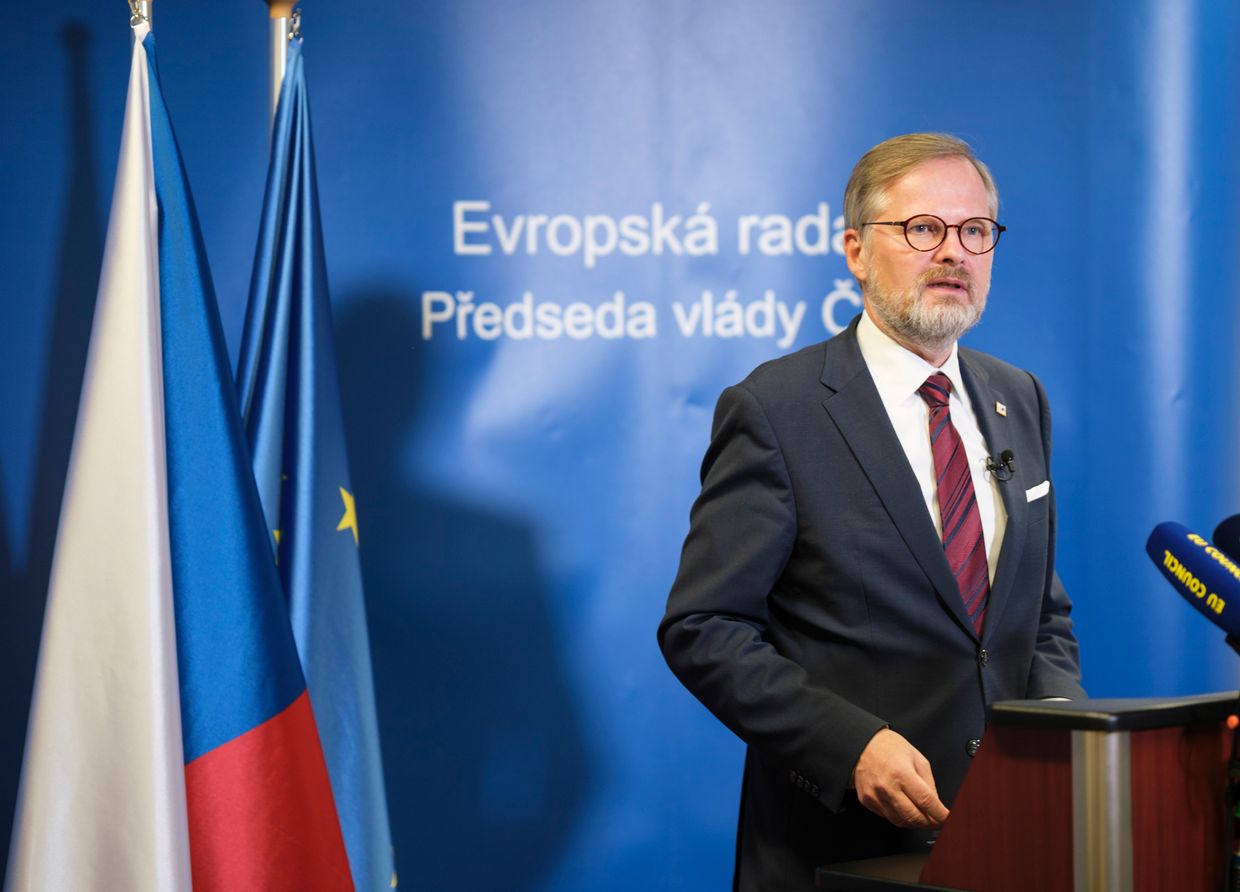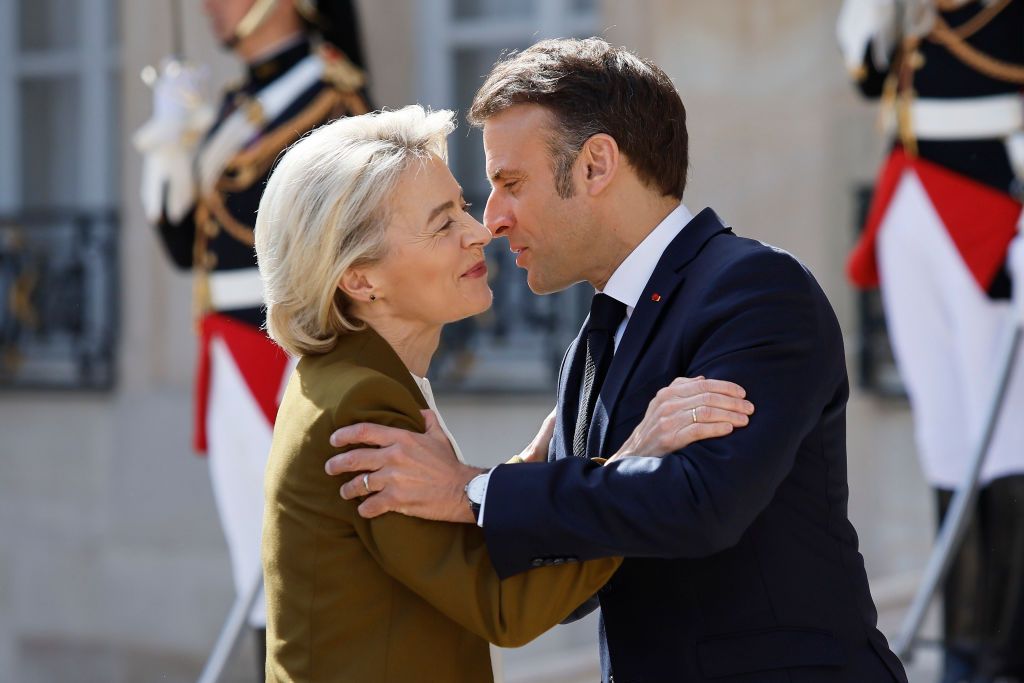'The center is holding,' von der Leyen declares despite far-right gains

Preliminary results for the European Parliament elections show that centrist parties have retained the majority despite a growth of support for far-right groups, European Commission President Ursula von der Leyen said as polls closed across Europe on June 9.
Speaking about the future composition of power in the EU, von der Leyen said she wants to continue to cooperate with "those who are pro-European, pro-Ukraine, pro-rule of law."
"Forces from the outside and from the inside are trying to destabilize our societies, and they are trying to weaken Europe. We will never let that happen."
Between June 6 and 9, European Union member states held elections for the bloc's 720-member European Parliament. Members of the European Parliament (MEP) shape and approve legislation and also approve candidates for the European Commission.
Exit polls project that the center-right European People's Party (EPP), which von der Leyen represents, will remain the largest political faction in the new parliament, with 189 seats.
Right-wing parties made significant gains in the election, with the conservative-nationalist European Conservatives and Reformists (ECR) projected to take 72 seats and the far-right Identity and Democracy (ID) group projected to win 58.
"We won the European elections," von der Leyen told reporters on June 9.
"This election has given us two messages. First, there remains a majority in the center for a strong Europe, and that is crucial for stability. In other words, the center is holding."
Von der Leyen also acknowledged that more radical parties had made substantial gains. Right-wing factions secured victories in key races in Italy, France, and Belgium, among other countries.
Italian Prime Minister Giorgia Meloni's party, Brothers of Italy (FdI), appears to have won the most votes in Italy's European Parliament elections. The FdI belongs to the conservative-national ECR.
In France, President Emmanuel Macron announced snap parliamentary elections after Marine Le Pen's right-wing National Rally party, a member of the ID group, won a resounding victory in the French vote.
German Chancellor Olaf Scholz's Social Democratic Party (SPD) is projected to come in third with around 14%, a drop of more than 10 points from the country's parliamentary vote in 2021.
The European elections in Germany were dominated by two opposition parties: the center-right CDU/CSU, which won around 30%, and the far-right Alternative for Germany, which is projected to win around 15.6% and gain an additional six seats in the European Parliament compared to 2019.
The AfD was kicked out from the ID group shortly before the elections after a series of scandals that included its candidates being accused of receiving money from Russia.
Belgian Prime Minister Alexander de Croo announced his resignation after right-wing parties defeated the liberals in both the European Parliament vote and Belgium's federal elections.
In Poland, Donald Tusk's ruling Civic Coalition (KO) sees a strong performance with a projected win of 37.7%, coming in first ahead of the conservative Law and Justice (35.7%) and the far-right Confederation (11.8%).
Exit polls in Hungary gave Viktor Orban's Fidesz party 44% of the vote, which technically makes the ruling party the projected winner but with its worst electoral result in decades. The opposition Tisza party, led by Peter Magyar, came in second with 30%.















